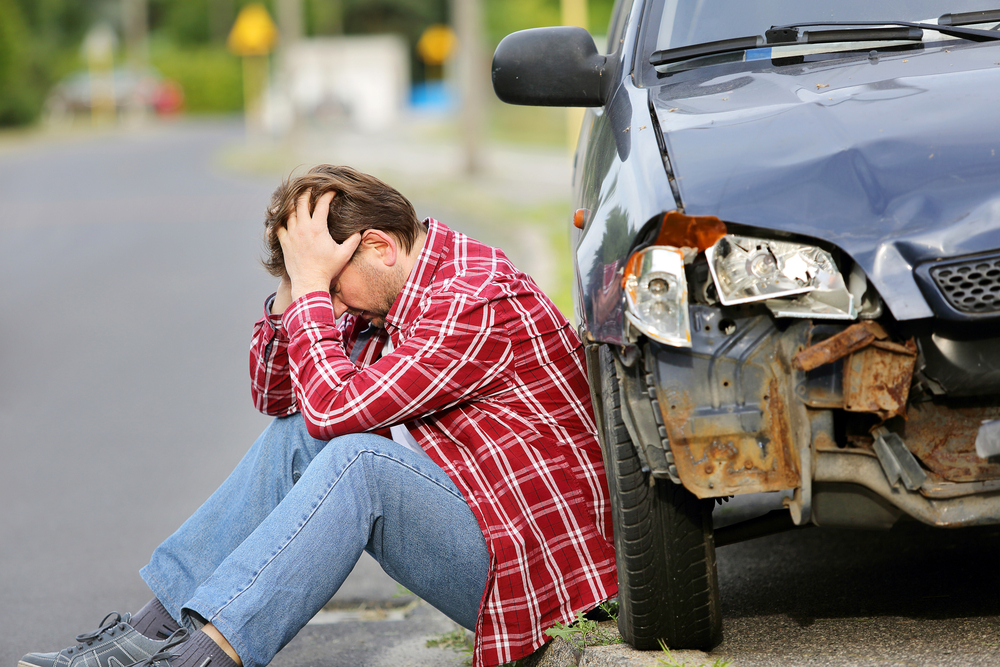
How Much Does Insurance Payout For A Totaled Car?
Wednesday, October 25, 2017
A car accident is never pleasant. Even if you are lucky to come out of the wreck with few or no injuries, you still have to deal with the process of exchanging insurance information with the other drivers and dealing with the aftermath that the accident has left on your car. Rarely is your vehicle going to come out of a collision unscathed. Having to get your vehicle repaired is one thing, but what happens if your car is determined a total loss? Suddenly you do not have a car to be repaired at all and are forced to go through the process of purchasing a new car all over again. The smoothness of that process can hinge on the kind of payout that you receive from your insurance company. So that begs the question, how much does insurance payout for a totaled car?
Total Loss Definition
Before answering that question, it is first necessary to define what a total loss is. A total loss occurs when the insurance company determines that it will cost more money to repair the car than the vehicle is worth at the time of the accident. Depending on the car itself, the amount of damage needed to get this level can vary greatly. Obviously, the higher value the vehicle, the more difficult it is to reach that total loss threshold.
Vehicle’s Value
Part of determining whether a vehicle is a total loss and how much they are willing to pay out is for the carrier to determine the value of the car at the time of the loss. There are a few ways that this can happen and they all depend on the specifics of your insurance policy. Often, you decide on this at the time you purchase your policy. The first and most common valuation is the vehicle’s actual cash value (ACV). The carrier determines the ACV by taking the replacement of the car minus depreciation.
The insurance company calculates this by using a claims adjuster to take a look at the car or what is left of it and subtracting from its value any damage, deterioration and anything else that would take away from its potential resale value.
The other two ways the carrier may evaluate your vehicle are by its replacement cost or an agreed value. Replacement cost is the price it would cost to replace your car with one of the same kind, and quality. In an agreed value situation, you and the insurance company both agree on a pre-determined figure. In the event of a claim, the insurance company will pay up to, but never more than that agreed amount. You want to make sure the rating on your policy is accurate in these cases. If your agreed amount is too high, you are paying for insurance you will never need and cannot use, and if it is too low, you will not receive the payout for the full value of your car should you have a total loss.
The Payout
After the carrier has determined the value of your vehicle, they will get an estimate for how much it will cost to repair your car and restore it to pre-accident condition. If the amount to fix that vehicle exceeds the value they have determined, you have a total loss on your hands. Once the total loss has been declared and assuming you have the proper coverage on your policy to cover the accident, the carrier will pay you the amount they determined your vehicle is worth. If you have a loan left on your car, the funds will first go to the lienholder, and then you will receive the rest.
The payout you receive on a total can vary greatly depending on the type of vehicle, the condition, your carrier, and especially your insurance coverage. Make sure to ask your insurance carrier or agent if you are unsure of how your vehicle is currently valued on your insurance policy and want to get the maximum payout in the event of a claim.
